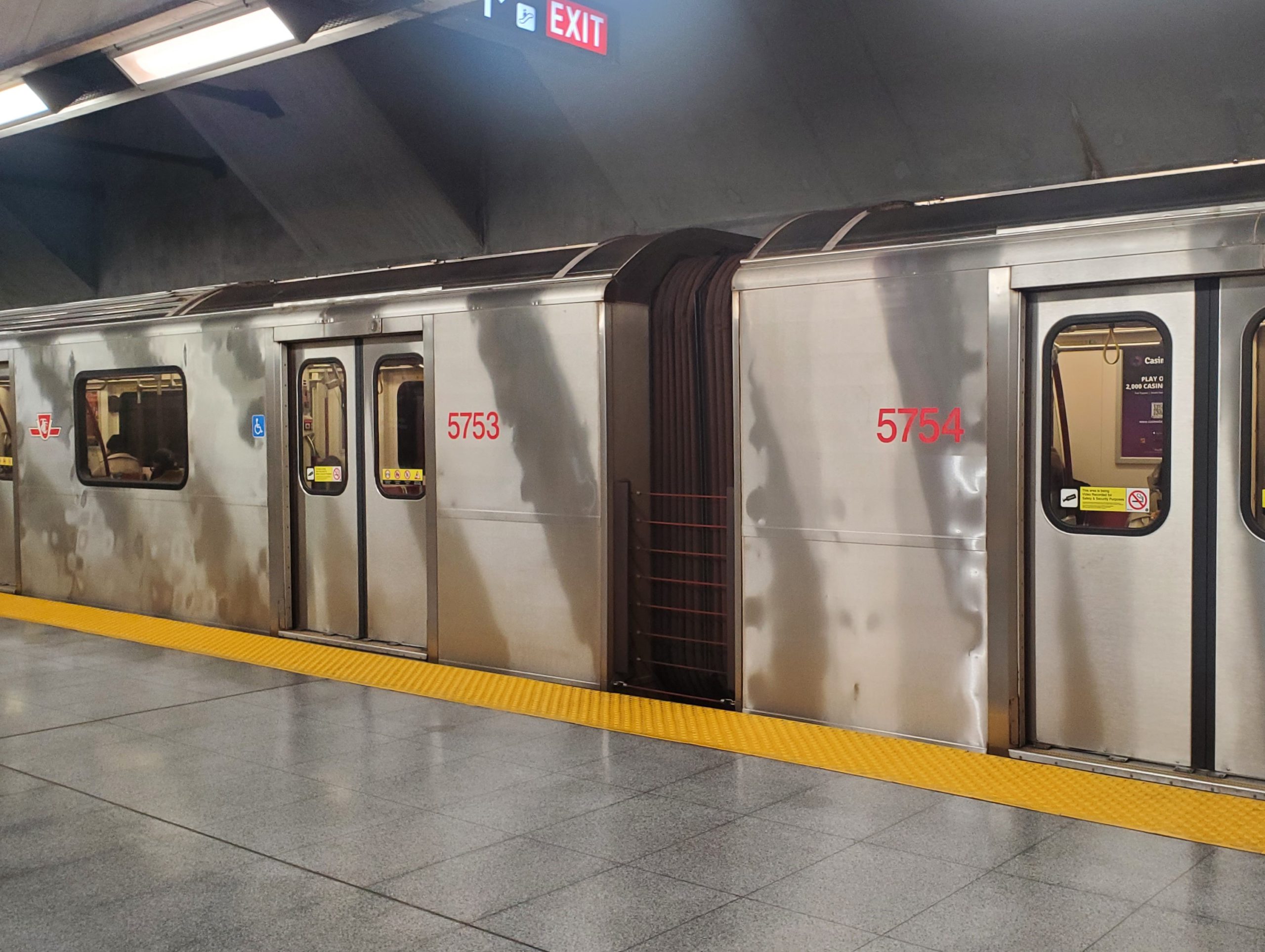When you think of the TTC, would the words “efficient” and “effective” come to mind? For the majority of Torontonians, including York students, those adjectives are some of the least conceivable.
At their 2023 conference in Montreal, the World Conference on Transport Research Society (WCTRS) ranked Toronto’s transit system alongside that of New York as the most efficient in North America. The WCTRS clarifies that their ranking is based solely on efficiency, rather than safety, capacity, or accessibility.
Key concerns for Torontonians are instances of violence, lack of security, delays, and overcrowding, with three subway lines running for a metropolis of over 3 million inhabitants, not including commuters from outside the city.
Just in May of 2023, the TTC reported 220 crimes, including “assaults, robbery, break and enters, sexual assault, theft over $5,000 and shootings, among others.” In a Nanos survey, around 70 percent of Ontarians report an increased sense of discomfort on Toronto transit between 2022 and 2023.
In an attempt to improve safety measures, the TTC announced its Community Safety, Security, and Well-Being Program with a $26.2 million budget. Within 2024 TTC expenditures, the increase of staff presence and an annualization of 25 special police constables has been recorded.
Excalibur reached out to York students for their opinions on the TTC. One fourth-year English student encapsulates her sentiment in a statement that the TTC is the most “reliably unreliable service in the city.”
Alongside flaws in safety and security, limits on capacity and overcrowding of the transit system are of substantial concern. Over 396 million people traveled on the TTC in 2023, with the highest day of ridership being 1.439 million passengers, according to the TTC’s 2023 Operating Statistics.
Line 2 of the subway, which runs every two to three minutes from Kipling in the far west, to Kennedy in the east, only connects with Line 1 at three stations in close proximity: Spadina, St. George, and Bloor-Yonge. During the morning rush, the line sees 23,000 riders per hour and is subject to mass overcrowding.
The student voices of York have ideas for improvement. A third-year speech and language sciences student holds that “it could be better if they added more lines, because the only transition points between Line 1 and 2 [are] at St. George and Bloor-Yonge, which are very close to each other and get very congested at times.”
This past October, the TTC planned to add extra trains to create a more “demand-responsive service” as part of their Line 2 Capacity Enhancement Program, and to increase service on Line 1 to “address crowding and shorten waits at the busiest times.” As highlighted in their 2024 Operating Budget, the TTC spent around $800 million to improve capacity on the Bloor-Yonge line.
As the GTA expands, so must the distance and breadth of the transit lines. Although the new Yonge North Subway Extension has yet to be awarded the contract to design and build the subway tunnels, it is looking to expand the TTC eight kilometres north from Finch Station to Richmond Hill. The highly anticipated Eglinton Crosstown LRT, invariably under construction, looks to span 19 kilometres, connect to 54 bus routes, three GO lines, with Line 1 at Eglinton and Cedarvale, and Line 2 at Kennedy in the far east. The Ontario Line, looking to connect the Exhibition place to Don Mills, will be a mix of overground and tunneled tracks, is estimated to be completed in 2031.
The ambitious future plans of the TTC are darkened by lengthy timelines and impeding procedures. If efficiency implies organization, coherency, and practicality, Toronto’s transit system has a long way to go.


